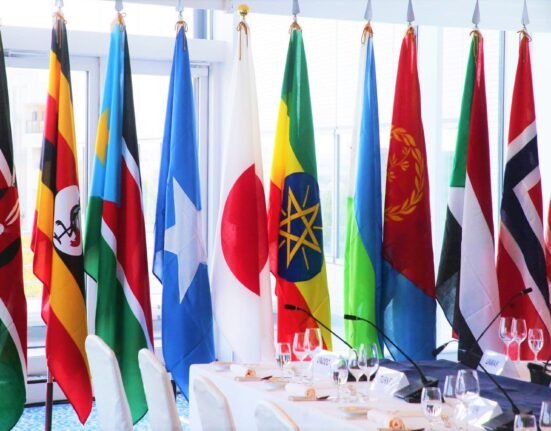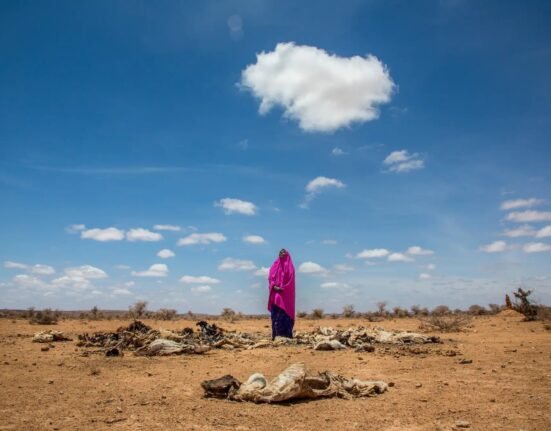Somali literature encompasses a rich tapestry of storytelling, poetry, and oral traditions that have flourished for centuries. The cultural heritage of Somalia is deeply rooted in its literary traditions, and its poets and writers have been the torchbearers of Somali identity and expression. In this article, we delve into the vibrant world of Somali literature, exploring its history, key figures, and enduring significance.
The Oral Tradition and Early Literature
For centuries, Somali literature thrived primarily as an oral tradition, with storytelling and poetry being passed down through generations. The Somali people possess a strong affinity for words, and their oral prowess is legendary. Through the oral tradition, history, folklore, and life lessons were conveyed through rhythmic poems and engaging narratives.
Writers and Poets: Milestones and Contributions
1. Hadraawi – One of the most celebrated Somali poets, Mohamed Ibrahim Warsame, known by his pen name Hadraawi, has captured the hearts of Somalis around the world. His poetry delves into themes of love, nationalism, and social justice, encapsulating the collective emotions of the Somali people.
2. Nuruddin Farah – A distinguished novelist, Nuruddin Farah’s works have gained international acclaim. Known for his compelling storytelling and insightful exploration of political and social issues, Farah’s novels shed light on the complexities of Somali society.
3. Sayid Mohamed Abdulle Hassan – Considered a revolutionary poet and a symbol of resistance against colonialism, Sayid Mohamed Abdulle Hassan played a pivotal role in galvanizing his fellow Somalis during the early 20th century. His poems became anthems of resistance and continue to resonate with pride and resilience.
Revival and Contemporary Literature
The tumultuous events of Somalia’s recent history, including civil war and political instability, had profound impacts on its literary traditions. However, the indomitable spirit of Somali writers and poets persevered, and in recent years there has been a marked resurgence in Somali literature.
Contemporary Somali writers and poets are exploring diverse topics, from diasporic experiences and identity to globalization and the challenges of the modern world. Their works offer a poignant reflection of the society’s journey and ongoing transformation.
The Significance of Somali Literature
Somali literature has always played a vital role in shaping the Somali identity and keeping the cultural heritage alive. It acts as a bridge between generations, preserving historical events, and embodying the aspirations, struggles, and triumphs of the Somali people.
Furthermore, Somali literature fosters a strong sense of community and unity among Somalis worldwide. It has the power to transcend borders, connecting people, and providing a platform for dialogue and understanding.
Somali literature stands as a testament to the enduring resilience and creativity of the Somali people. From the ancient art of storytelling to contemporary novels and poetry, Somali writers and poets continue to enrich global literary landscapes with their unique narratives and thought-provoking insights. As we celebrate Somali literature and its vibrant traditions, it is crucial to recognize its significance in preserving cultural heritage, fostering community, and amplifying voices. Through their words, Somali writers and poets inspire generations, contributing to the ever-evolving tapestry of human expression.






